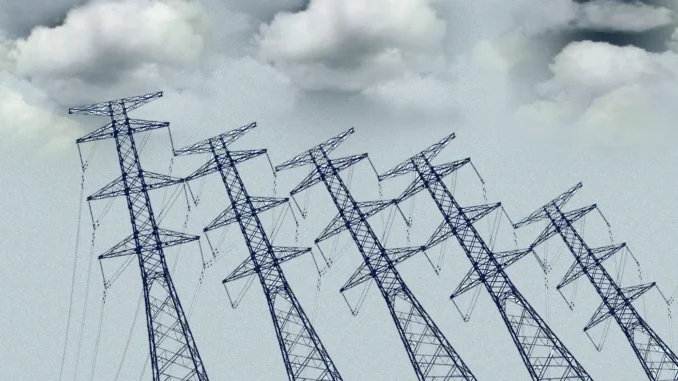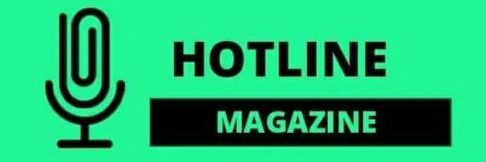
From Isaac Anumihe, Abuja
Between January and March 2023 alone (Q1, 2023), the Federal Government paid a total subsidy of N52.7 billion to 11 electricity distribution companies (DisCos).
Executive Director of PowerUpNigeria, Adetayo Adegbemle made the disclosure at a power conference in Abuja.
Tracing the origin of subsidy of electricity supply in Nigeria, the Executive Director said that the Nigerian Government has long been paying electricity subsidy to the Nigeria Electricity Supply Industry.(NESI). This means that there is the Cost Reflective Tariff of suppplying 1kWh (kilowatt hour), and the Allowed Tariff that consumers are allowed to pay. This variance, he said, otherwse called “subsidy” has now turned into an elephant in the chinaware shop.
To this effect, Nigeria Electricity Regulatory Commission, (NERC) rolled out the Multi Year Tariff Order (MYTO). This, he said, gradually phases out subsidy so that Nigerians can start paying Cost Reflective Tariff.
“For instance, in the MYTO 2022, the Cost Reflective Tariff, on the average, should be N68.42 per kilowatt hour (kWh), while in the Allowed Tariff, the DisCos would charge N59.89/kWh.
With this, the Federal Government provided N8.53/kWh as subsidy. The rationale behind the MYTO 2022, as approved by the regulators was premised on the fact that DisCos that are in the urban centres are allowed to charge tariffs near cost reflective due to evidence of high purchasing power and high consumption level in those areas. This indicates that they are high-income consumers, While Discos that are in areas with low income consumers are allowed to charge lower ‘Allowed Tariff’, therefore paying higher subsidy” he explained.
.
According to him, this makes the subsidy regime to impact more on low income bracket of consumers. It means people living in places under Abuja DisCo, Ikeja DisCo and Eko Disco were paying tariff that is nearly Cost Reflective, while people living in places under Benin DisCo, Yola and Ibadan DisCos are paying much less.
“An example, as seen in the NERC Q1 Report shows that Eko DisCo’s Cost Reflective Tariff (CRT) was put at N62.04/kWh and the Allowed Tariff (AT) was N59.49/kWh, making the variance, or subsidy paid to Eko Disco just N2.55/kWh, totalling about N2.04 billion.
Similarly, for Abuja DisCo, Cost Reflective Tariff was N65,67/kWh, and Allowed Tariff was N63.24/kWh, a variance of just N2.43/kWh. Again, a total of N2.15 billon was paid in subsidy to AEDC.
“The reverse was the case in places like Yola, for instance, where Cost Reflective Tariff was N147.55/kWh and Allowed Tariff was N65.99/kWh, thus leaving the government to bear the burden of N81.56/kWh which amounted to N7.82 billion” the Executive Director, said.

Meanwhile, in July 2023, Adegbemle said, the Federal Government placed a freeze on the tariff review, which has greatly distorted the plan, and skyrocketted the shortfall in the electricity tariff shortfall, reversing the progress made in the MYTO 2022 to phase out the subsidy in electricity tariff.

Be the first to comment